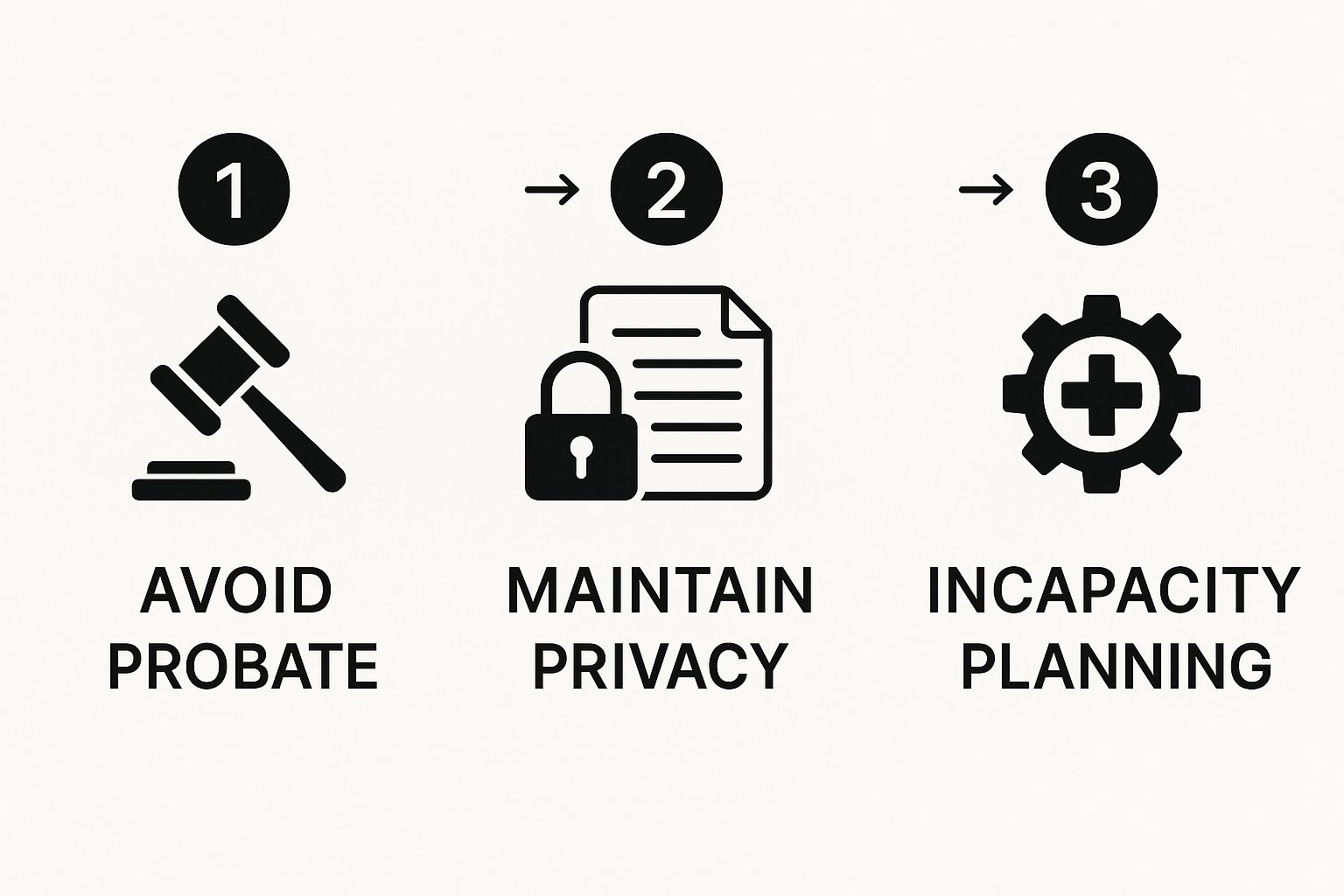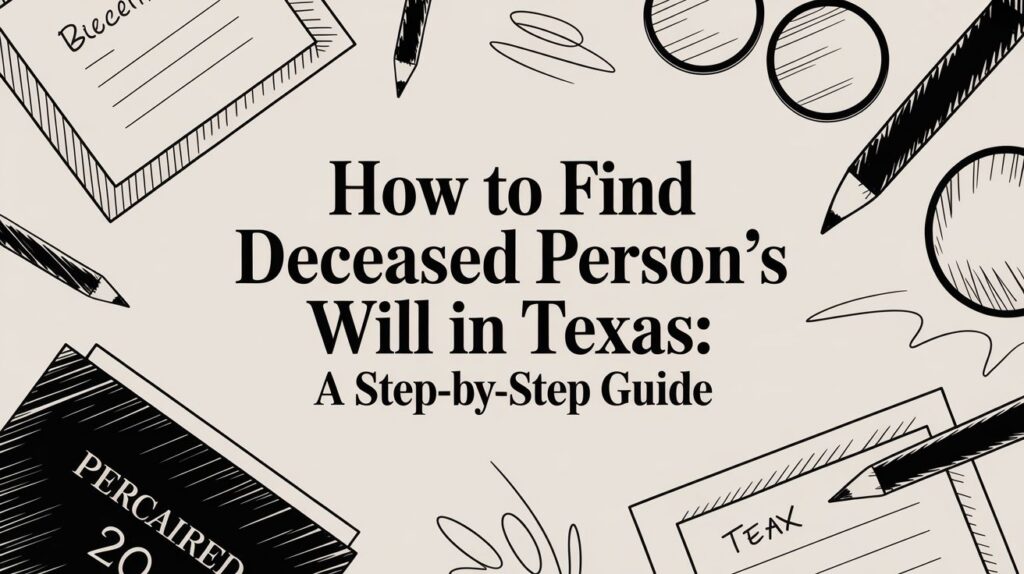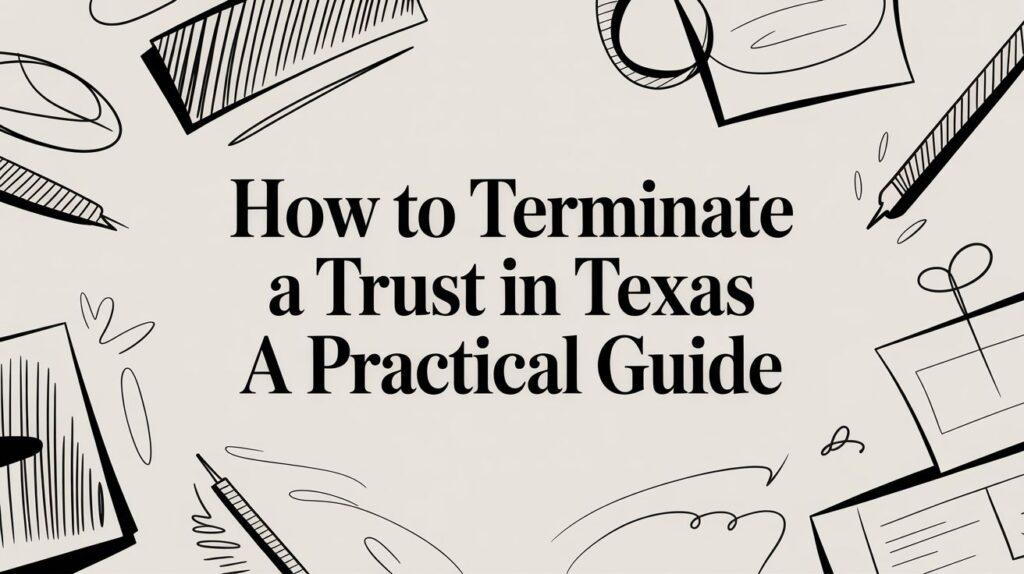Planning for the future can feel overwhelming, especially when thinking about how to protect your loved ones and secure your legacy. But with the right legal guidance, it doesn’t have to be. One of the most powerful tools available to Texas families is a revocable trust.
So, what exactly is a revocable trust? Think of it as a private legal agreement you create during your lifetime. It's designed to hold and manage your assets, and the best part is that you keep complete control to change or even cancel it whenever you want. It’s a flexible and effective way to ensure your wishes are carried out smoothly and privately.
Understanding the Core of a Revocable Trust
A revocable trust, often called a revocable living trust, is best imagined as a personal container for your property. It’s a foundational estate planning tool that lets you manage everything inside it just as you always have. This flexibility and control are major reasons why so many Texas families rely on this structure for peace of mind.
To truly protect your legacy, it’s wise to understand all the essential estate planning documents available, and a revocable trust is a cornerstone of a comprehensive plan.

The Key Players in a Texas Trust
Every trust involves three primary roles, and when you first create a revocable trust, you can play all three yourself.
- The Grantor: That’s you. You are the one creating the trust and transferring your assets into it.
- The Trustee: Initially, this is also you. The Trustee is responsible for managing the trust's assets according to the rules you set. This role comes with serious legal obligations known as fiduciary duties in Texas.
- The Beneficiary: You guessed it—this is also you for as long as you live. You receive all the benefits from the assets held in the trust.
This unique setup allows you to manage your property just as you did before, but now it’s wrapped in a powerful layer of legal protection for whatever comes next.
The Primary Benefit: Avoiding Probate
So, what is the main advantage of a revocable trust? Hands down, it's the ability to bypass the probate process. Probate is the court-supervised procedure for validating a will, and it's often public, surprisingly expensive, and can drag on for months or even years in Texas.
Probate costs can consume a significant portion of an estate's value. With a revocable trust, your assets can pass directly and privately to your heirs upon your death, without needing court approval. This is a game-changer for most families.
When weighing your options, seeing the differences laid out can make things clear. Here’s a quick comparison to help you understand where a revocable trust shines compared to a traditional will.
Revocable Trust vs. Will: Key Differences
| Feature | Revocable Trust | Will |
|---|---|---|
| Probate | Avoids probate. Assets transfer privately and quickly to beneficiaries. | Requires probate. A court must validate the will, which can be time-consuming and public. |
| Privacy | Private. The terms and asset details are not part of the public record. | Public record. Once filed with the court, the will and inventory of assets become public. |
| Effective Date | Effective immediately upon funding. Manages assets during your lifetime and after death. | Effective only upon death. Has no legal authority while you are alive. |
| Incapacity Plan | Includes it. The successor trustee can manage assets if you become incapacitated. | Does not include it. You would need a separate Durable Power of Attorney for incapacity planning. |
| Control of Assets | Full control as the grantor and initial trustee. You can change or revoke it anytime. | Full control of your assets during your lifetime. |
| Cost to Create | Typically higher upfront cost than a will, but can save significant money later. | Generally lower upfront cost to create. |
This table isn't about which one is "better"—it's about which tool is the right fit for your specific situation. Both are powerful, but they solve different problems.
Ultimately, a revocable trust provides a clear, efficient path for your assets, reducing stress for your loved ones and keeping your family’s financial business out of the public eye. A knowledgeable Texas estate planning attorney can help you lay this vital foundation correctly.
The Practical Benefits of a Texas Revocable Trust
Choosing the right estate planning tool can feel like a heavy decision, but for many Texas families, a revocable trust provides a clear path forward. It offers powerful, real-world benefits that address some of life's biggest worries about the future.
These aren't just abstract legal perks; they create a practical framework for privacy, efficiency, and protection right when your family needs it most. At its core, a revocable trust shines in three key areas: avoiding probate, protecting your privacy, and planning for potential incapacity.
This infographic breaks down exactly how a revocable trust can bolster your estate plan.

As you can see, these three pillars work together, creating a secure and private roadmap for managing your legacy on your own terms.
Bypass the Public Probate Process
If there’s one reason people choose a trust, this is often it. A major motivation for setting up a revocable trust is the ability to sidestep the often lengthy and very public probate process.
Here in Texas, when a will is probated, it becomes a public court matter. That process can drag on, racking up legal fees and court costs that diminish the assets you intended for your loved ones. It’s a headache nobody wants.
By placing your assets into a trust, they are no longer technically part of your personal estate for probate purposes. When you pass away, your chosen successor trustee can distribute them directly to your beneficiaries according to your private instructions—no court intervention needed. This streamlined process is one of the most effective avoiding probate strategies available, saving your family time, money, and stress. There are excellent resources explaining how to avoid probate court and keep your assets protected.
Maintain Your Family's Privacy
Here’s something many people don't realize: once a will is filed for probate in Texas, it becomes a public record. That means anyone—a nosy neighbor, a distant relative, a potential scammer—can go to the courthouse and see the details of your estate. They can find out who your beneficiaries are and exactly what they inherited.
For families who value their privacy, a revocable trust is the perfect solution.
Because a trust is a private agreement, its terms remain completely confidential. The details of your assets and your decisions about their distribution are kept within the family, shielding your loved ones from public scrutiny during an already difficult time.
Plan for Potential Incapacity
Life is unpredictable. A revocable trust also provides a critical safety net if you become ill or incapacitated and unable to manage your own financial affairs. A will offers zero protection while you are still alive.
Without a trust, your family might be forced to pursue a court-supervised guardianship, which can be an incredibly stressful, public, and expensive ordeal.
With a trust in place, the successor trustee you named in the document can step in immediately to manage the trust's assets on your behalf. There's no need for court supervision, ensuring your finances are handled seamlessly and privately. This smooth transition makes the revocable trust a go-to tool for asset protection and comprehensive planning in Texas.
How to Create and Fund Your Trust in Texas
Bringing a revocable trust to life is a deliberate, empowering process. It requires thoughtful collaboration with a legal professional and a methodical approach to ensure every detail is handled correctly. Here is our step-by-step guidance for creating and funding your trust in Texas.
The entire journey really boils down to three key stages. Each one builds on the last, creating a secure foundation for your legacy.
Step 1: Drafting the Trust Document
First, you’ll sit down with a Texas estate planning attorney to draft the trust agreement. This is a personalized document, not a generic template. It will officially name you as the Grantor (the creator) and the initial Trustee (the manager). Most importantly, this document captures your specific instructions for how your assets should be managed if you become incapacitated and how they should be distributed when you're gone.
Step 2: Executing the Agreement
Once the draft perfectly reflects your wishes, it's time to make it official. Under the Texas Trust Code, this means signing the trust agreement in the presence of a notary public. This formal execution is the moment your trust officially springs into existence. At this point, however, your trust is an empty vessel. It has no power until you complete the most critical step.
Step 3: Funding Your Trust
Funding is the process of transferring your assets into the trust. You're changing ownership from your individual name to the name of your trust. We cannot stress this enough: an unfunded trust offers zero protection. It is one of the most common and heartbreaking mistakes in estate planning.
The funding process differs based on the asset type:
- Real Estate: For your home, your attorney will prepare and file a new deed that transfers the property from "John Doe" to "John Doe, Trustee of the John Doe Revocable Trust."
- Bank Accounts: You'll work with your bank to retitle your checking, savings, and brokerage accounts into the trust's name.
- Other Assets: Vehicles, business interests, and other valuable property must also be formally transferred.
Naturally, cost is a consideration. Setting up a revocable trust can range from $1,000 to $3,000, depending on complexity. This is a strategic investment to avoid the much higher costs and delays of probate, which can easily last 6 to 12 months or more. You can find more insights on revocable trust costs on fritchlaw.com.
By properly funding your trust, you ensure the time and money you invest in estate planning pays off, protecting your family and your legacy.
Trustee Responsibilities Under Texas Law
https://www.youtube.com/embed/qc4JPLnDuQI
Think of your revocable trust as a living part of your financial world, designed to adapt as your life changes. Because you start as both the Grantor (creator) and initial Trustee (manager), you are always in control.
You hold the absolute power to amend—or even completely revoke—the trust at any time. This means you can add or remove beneficiaries, buy or sell assets held by the trust, or dissolve it entirely. You have the exact same control over your property as you did before creating the trust.
Your Role and Fiduciary Duties
As the Trustee, you have a fiduciary duty to manage the trust’s assets prudently, as outlined in the Texas Trust Code. But since you are also the primary beneficiary during your lifetime, this is simply a duty to yourself. Day-to-day, managing the trust feels no different than handling your personal finances.
The power of this structure shines when life events occur.
Real-World Scenario:
Imagine you set up a trust years ago, naming your two children as beneficiaries. Today, you welcome your first grandchild. You can simply create a formal amendment to your trust, adding your new grandchild as a beneficiary and specifying how you want them to inherit. This is done privately and efficiently, without redoing your entire estate plan.
This adaptability ensures your trust always reflects your current wishes.
Choosing Your Successor Trustee
Planning for a time when you might not be able to manage the trust is critical. This is where selecting a successor trustee comes in. This person or institution is your hand-picked replacement who will step in to manage the trust if you become incapacitated or after you pass away.
Choosing the right successor is key to a smooth transition. They will have significant responsibilities, and you can learn more about the duties and responsibilities of a trustee in Texas in our detailed guide.
Upon your death, the trust becomes irrevocable. This locks in your instructions and triggers the distribution of assets to your beneficiaries—all without the interference and delays of probate court. This transition perfectly balances your complete control during your lifetime with the finality needed to settle your estate. A knowledgeable Texas trust administration lawyer can be invaluable, helping ensure your chosen successor is prepared for this vital role.
Trust Administration After the Grantor's Death
Knowing what to expect after a loved one passes can bring tremendous peace. For families with a revocable trust, this period is far less stressful because the grantor has already created a clear, private map for what comes next. The moment the trust's creator passes away, their revocable trust automatically becomes irrevocable.
This is a pivotal moment. It means the instructions inside the trust are now set in stone. The flexibility the grantor enjoyed is replaced by the finality needed to settle their affairs exactly as they wished.

The Successor Trustee's Role
This is when the designated successor trustee takes charge. This is the person or institution the grantor hand-picked to manage and distribute the trust's assets. A key difference from a will's executor is that the successor trustee can begin their work almost immediately, without waiting for approval from a probate court.
This efficiency is by design. The modern revocable trust became popular after the Uniform Probate Code was introduced to simplify estate administration. Trusts were structured to bypass the public and often lengthy process of probate. You can learn more about the history of revocable trusts on barley.com.
In Texas, the successor trustee's role is governed by strict fiduciary principles. They have a legal and ethical obligation to act solely in the best interests of the beneficiaries. Their main responsibilities include:
- Notifying Beneficiaries: They must inform all named beneficiaries about the trust and their interest in it.
- Gathering and Managing Assets: They take legal control of all trust assets, from real estate to investment portfolios.
- Paying Final Debts and Taxes: Any outstanding bills or taxes owed by the grantor are settled using trust funds.
- Distributing Assets: Finally, they transfer the remaining assets to the beneficiaries, following the trust's instructions precisely.
A thoughtfully drafted trust, created with an experienced Texas estate planning attorney, ensures this entire process happens privately and without unnecessary delays. It frees your family to focus on what truly matters—grieving and healing—instead of getting entangled in a public court system.
When to Modify or Terminate a Trust
While a revocable trust is a powerful tool, it's not a one-size-fits-all solution. At The Law Office of Bryan Fagan, PLLC, our commitment is to provide honest counsel, which includes being upfront about when a different path might serve you better.
First, a revocable trust is excellent for avoiding probate and planning for incapacity, but it does not offer creditor protection while you're alive. Since you maintain complete control over the assets, the law views them as yours, making them accessible to creditors.
Simplicity and Cost Considerations
For individuals with straightforward estates—perhaps a single bank account and personal belongings—the upfront effort and expense of setting up and funding a trust may be unnecessary. A traditional will can often accomplish the goal just as effectively and more affordably.
Funding a trust requires actively retitling your assets—your house, bank accounts, and investments—into the trust's name. This administrative task, combined with initial legal fees, makes it a bigger investment of time and money than drafting a simple will.
A revocable trust does not reduce estate taxes. Because you remain in control, the assets are included in your taxable estate under federal law. High-net-worth individuals seeking to minimize estate taxes should explore specific, more complex tax-planning trusts.
Making an Informed Decision
Choosing the right legal tool depends on your unique circumstances, assets, and family dynamics. The goal is to have the right plan that provides maximum security and peace of mind. To help you weigh your options, we offer guidance on the factors to consider when choosing between a will and a trust on our blog.
The best way to figure out the right path is by consulting with an experienced Texas estate planning attorney. They can listen to your goals and help you decide whether a revocable trust aligns with your needs or if another approach makes more sense.
Your Top Questions About Texas Revocable Trusts, Answered
Navigating the world of estate planning can bring up many questions. To provide clarity and confidence, we've compiled straightforward answers to the questions we hear most often about revocable trusts in Texas.
Can I have a revocable trust and a will at the same time in Texas?
Not only can you, but you absolutely should. A special type of will, called a "pour-over will," is the perfect partner for your trust. It acts as a legal safety net.
This will is designed to "catch" any assets you might have forgotten to formally transfer into your trust. Upon your death, the will simply "pours" those overlooked assets into the trust, ensuring everything ends up exactly where you planned, though these assets may have to go through probate first.
Do I lose control of my property if I put it in a revocable trust?
Not at all. This is one of the biggest myths. As the Grantor (creator) and initial Trustee (manager), you retain 100% control.
You can buy, sell, mortgage, or manage any property within the trust just as you always have. You also have the complete freedom to change or even cancel the trust at any time. You only relinquish control when you can no longer manage your affairs or pass away, at which point your chosen successor trustee steps in to follow your instructions.
Does a revocable trust help me avoid estate taxes?
By itself, a standard revocable trust does not avoid federal estate taxes. Since you keep full control over the assets, the IRS considers them part of your taxable estate.
However, for those with larger estates that may approach tax exemption limits, there are strategies available. A knowledgeable Texas estate planning attorney can incorporate specific tax-planning features into more advanced trust structures to help reduce the tax burden for your family.
How should I choose a successor trustee?
Your successor trustee will step into your shoes, so this choice is critical. This should be someone you trust implicitly to handle your finances and carry out your wishes with complete integrity. Often, this is a responsible adult child, a financially savvy relative, or a professional entity like a bank's trust department.
The most important qualities are honesty, organization, and the ability to act impartially for all beneficiaries. They will have significant fiduciary duties under the Texas Estates Code. Selecting the right person is key to ensuring your plan works as you designed it.
If you’re managing a trust or planning your estate, contact The Law Office of Bryan Fagan, PLLC for a free consultation. Our attorneys provide trusted, Texas-based guidance for every step of the process.







